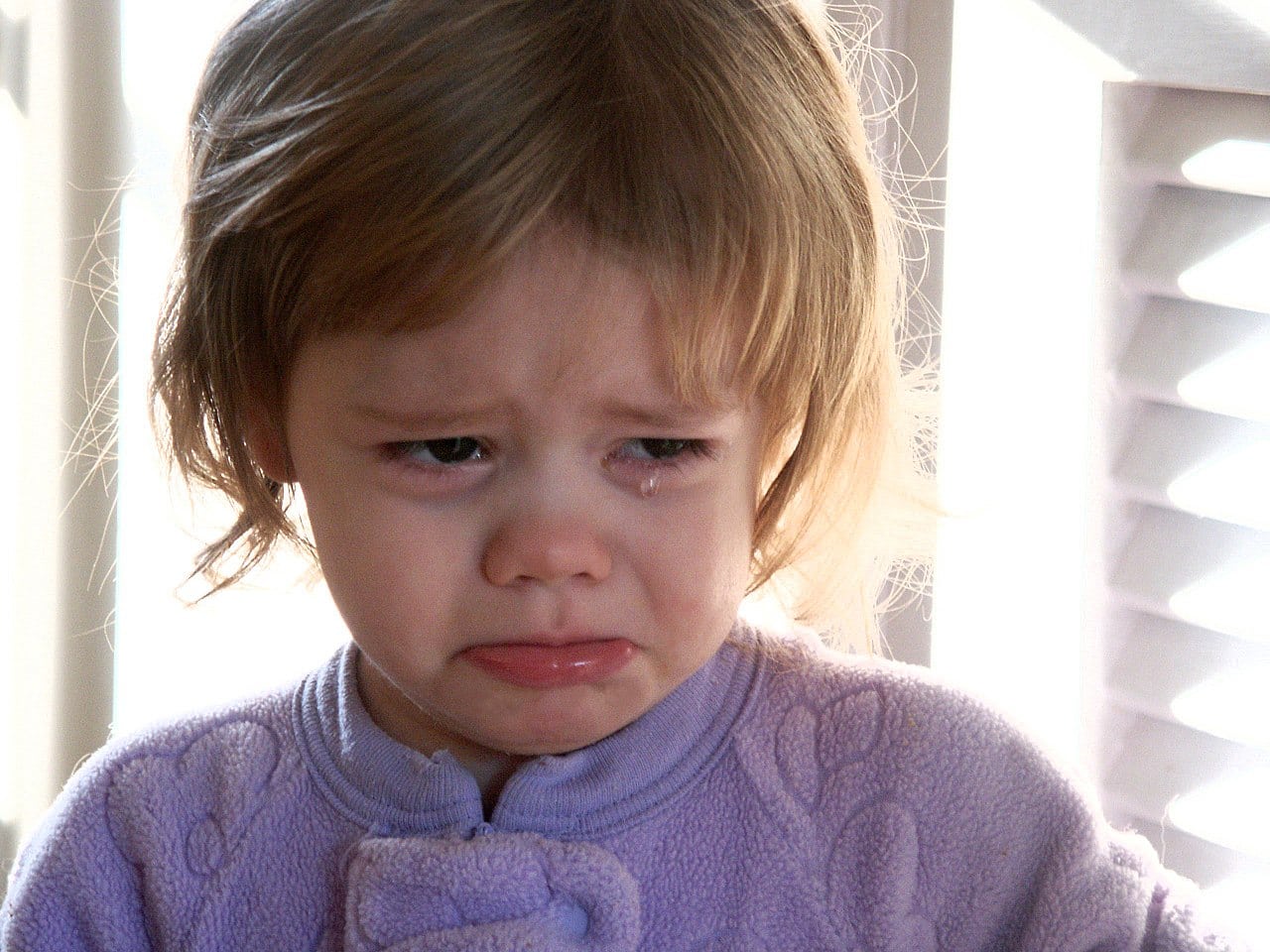 Disciplining children can be difficult for any parent, especially during the toddler years. However, as difficult as it may be, it is important for you to teach your child right from wrong at a young age. This way they can grow up well, in a safe and supportive environment. Please note the following eight tools you can keep in mind while disciplining your toddler.
Disciplining children can be difficult for any parent, especially during the toddler years. However, as difficult as it may be, it is important for you to teach your child right from wrong at a young age. This way they can grow up well, in a safe and supportive environment. Please note the following eight tools you can keep in mind while disciplining your toddler.
Divert Attention from your Toddler
If your child is stirring up trouble, try to get their attention. Call their name or choose a word that you know will stop them in their tracks. Then, once you have their attention, you can redirect their interest into something safer or cleaner.
Redirect
Use word association to help your child towards more positive actions. At a young age, toddlers associate cue words with certain things. “Cat,” “banana,” “grandma,” “toy,” or “popsicle” may all be good words to use to get the attention of your little one. Certain songs or noises can also be good ways of redirecting your toddler’s attention.
Consider your Toddler’s Perspective
Children do not think like adults. They do things that drive us crazy, but they may not be doing so with malicious intent. You may feel inconvenienced by a mess or an annoying noise, however, things can get worse. Shouting at your toddler or removing them from a messy or annoying situation can end up in a tantrum. Instead, try seeing the situation from their eyes and develop a fun way to clean up the mess or change the annoyance into something positive.
Guide your Toddler’s Hands
Toddlers are guided by sensations. At a young age, exploring happens with hands and mouths. However, some things are not safe to touch or taste. Try implementing phrases like, “yes touch,” “hot touch,” “owie touch,” or “no-touch” for safe and unsafe items. You can also teach “soft touch” for things that require a delicate grip, like animals. For grabby children, try teaching a one-finger touch. Practice on things your toddler likes, like a fuzzy blanket, toys, or your arm.
Respect the Process
When you do call out your toddler for doing something wrong, annoying, or unsafe, it can easily end in a tantrum. Snatching things away or shouting may be the natural immediate response, but a lesson can be more impactful than a fight. Sometimes the mess is necessary for familial peace, and your child’s exploration and learning.
Set Limits
Your toddler requires limits to ensure their security. For example, your toddler might not want to cross the street while holding your hand. However, you might set a limit that they must always hold your hand while crossing the street. There must be a fair balance between freedom and constraint. And, in reality, the world can be too scary without limits. They intuitively know that limits mean protection. Developing rules can provide support for your child.
Build Structure
Children also require structure for healthy development. The structure does not need to be controlling or inflexible. Instead, it is a way for you to orchestrate a positive learning environment for your child. Structures can evolve as your child ages and they can provide conditions for behavior. Bedtime routines, quiet environments, TV restrictions, eating routines, playtime, homework time, and so on can all be structures you use to help support and teach your child. Kids respond well to regularity, structure, and boundaries as they find them to be comforting. Kids tend to respond better to environments that they consider to be safe.
Be the Authority to your Toddler
It is important that your child thinks of you as a mature adult who can take charge of any situation. This way, you can be the security force that they can rely on for support and advice throughout their growing up years and beyond. However, it’s important not to be too commanding. Part of learning, arguably the most impactful part, is making mistakes. Patiently stand by while they make mistakes, and offer good advice the next time they try something new. Patience and trust can be one of the best ways you can establish authority and be the best parent you can be for your child at all ages.
What works for you? Include your helpful tips for fellow parents and guardians in the comments below! For questions or comments, respond to this blog or contact us.







